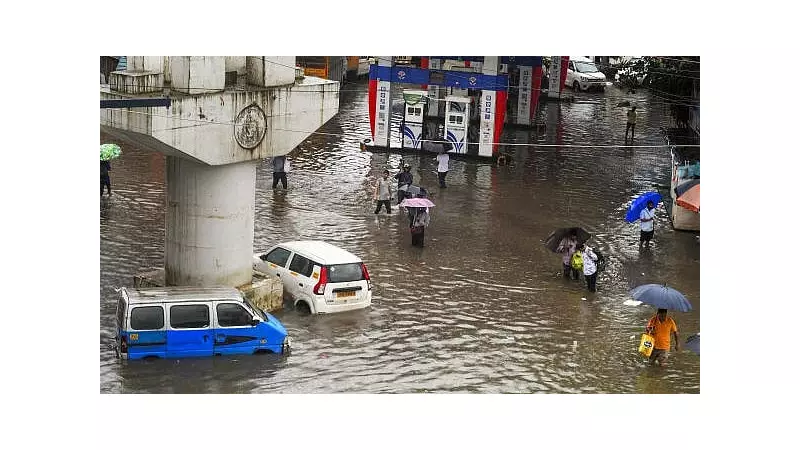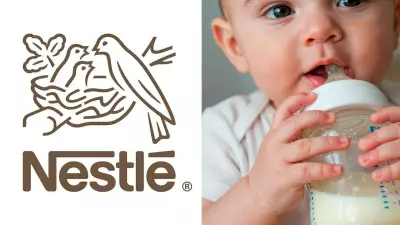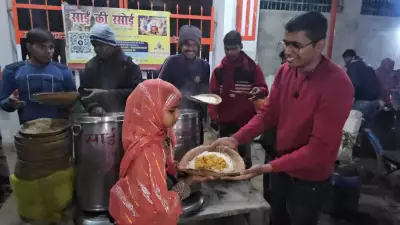
A groundbreaking study has revealed that the monsoon rains in Mumbai pose a mortality risk comparable to cancer, with particularly devastating effects on young children. The research, published on 12 November 2025, highlights how extreme rainfall events in India's financial capital have become a significant public health crisis.
Children Bear the Brunt of Monsoon Fury
The study found that the relative risk of increased mortality rates was most severe in the five weeks following heavy rainfall events. When Mumbai experiences 150 mm of rainfall, children under five years old face the highest danger with a 5.3% increase in mortality risk. This alarming statistic far exceeds the risk faced by older age groups.
Researchers noted that the vulnerability of young children to monsoon-related health complications makes them particularly susceptible. The study's author, Kalyan Ray, emphasized that this age group requires special attention during the rainy season.
Gender Disparity in Monsoon Mortality
The research uncovered another concerning pattern: women experience higher mortality rates following heavy rainfall events compared to men. This gender disparity suggests that socioeconomic factors and access to healthcare may be playing a crucial role in determining survival rates during monsoon emergencies.
The study didn't specify the exact causes behind this gender gap, but previous research has indicated that women in many Indian households often have limited access to timely medical care and may prioritize family needs over their own health during crises.
Long-term Health Implications
What makes these findings particularly significant is the comparison to cancer mortality rates. The study demonstrates that the cumulative effect of monsoon-related health issues over time creates a public health burden equivalent to that of cancer in Mumbai.
The five-week window of increased mortality risk following heavy rainfall suggests that the health impacts extend far beyond immediate drowning or accident incidents. Waterborne diseases, respiratory infections, and limited access to healthcare during flooded conditions likely contribute to this prolonged risk period.
This research underscores the urgent need for targeted public health interventions specifically designed to protect vulnerable populations during Mumbai's monsoon season. The findings call for improved emergency response systems, better healthcare access in slum areas, and special protection measures for young children and women.





